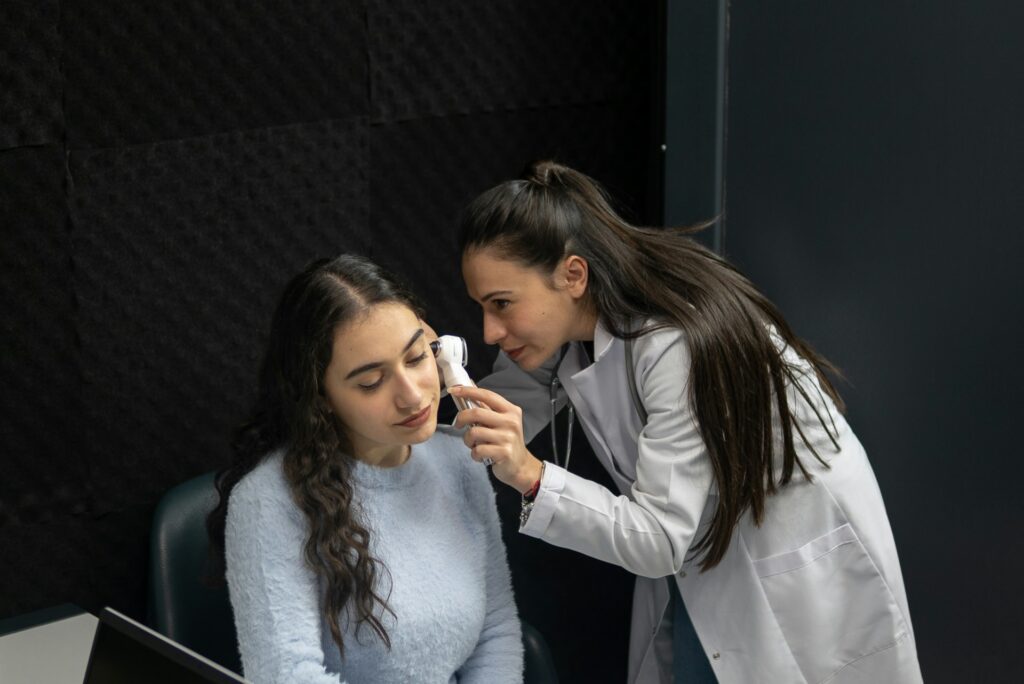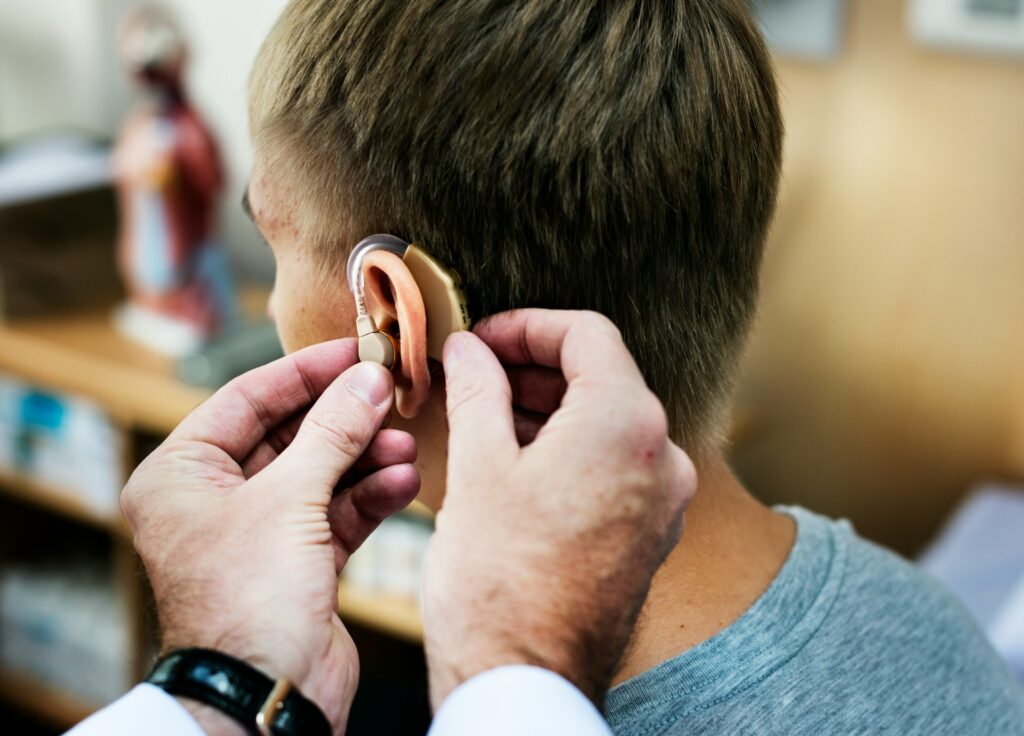Living with tinnitus can be challenging, especially when the constant ringing or buzzing disrupts your daily life. Many individuals experience these sounds, yet each person’s journey with tinnitus is unique. Understanding what causes it and how it manifests can help you find ways to manage it effectively.
There are various methods to alleviate the impact of tinnitus. Incorporating simple daily habits can make a big difference. Whether it’s creating a peaceful environment at home or embracing new relaxation techniques, small changes can lead to significant improvements. The right strategies can transform how you cope with tinnitus and improve your overall well-being.
It’s important to remember that you don’t have to face tinnitus alone. With advances in therapy and technology, there are more options than ever to help you find relief. By seeking professional guidance and exploring assistive devices, you can take control of your tinnitus management journey and live a more comfortable life.
Understanding Tinnitus
Tinnitus is the perception of sound in the absence of an external source. It varies widely among individuals, from a gentle hum to a loud ringing. Understanding what causes tinnitus can help in managing it better. The condition often results from hearing loss due to prolonged exposure to loud noises, ear infections, or ageing. Other potential causes include earwax build-up, certain medications, or even underlying health conditions like high blood pressure.
Common symptoms of tinnitus include persistent ringing, buzzing, or whistling sounds. These sounds can disrupt concentration, affect sleep, and even contribute to anxiety and stress, impacting daily life. Experiencing tinnitus can feel isolating, but knowing you’re not alone is important. Many people experience similar symptoms and understand the challenges they bring.
Misconceptions about tinnitus can make matters worse. Some people think it only affects the elderly or is always a sign of serious medical conditions. These are not necessarily true. Tinnitus affects people of all ages and can have many causes, some of which are benign. Understanding these facts can help you manage the condition with a clearer perspective, reducing unnecessary worry.
Daily Habits to Manage Tinnitus
Managing tinnitus involves adopting daily habits that can help alleviate its effects. Sound therapy is one effective strategy. This involves using background noise to reduce the awareness of tinnitus. Simple sounds such as nature recordings or low-level music can make a difference. These sounds can help mask the tinnitus and provide relief, especially during quiet moments.
Creating a quiet and relaxing environment is equally important. Reducing background noise and minimising exposure to loud sounds can prevent tinnitus from worsening. Maintain a peaceful space where you can unwind and relax. Consider using white noise machines or fans to create a soothing atmosphere.
Stress management plays a crucial role in managing tinnitus. High-stress levels can exacerbate tinnitus symptoms. Consider practising relaxation techniques like deep breathing exercises, yoga, or mindfulness meditation. These methods not only help relieve stress but also improve overall mental health. Incorporating such practices into your daily routine can significantly ease the distress caused by tinnitus, making it easier to manage.
Leveraging Assistive Devices
Assistive devices can be a great help to people living with tinnitus. Hearing aids are valuable tools. They amplify external sounds, which can drown out internal ringing or buzzing. With the latest technology, many hearing aids come with features specifically designed to help manage tinnitus. These include special sound programs that provide soothing background noise, easing the impact of tinnitus.
Sound masking devices are another option. They generate ambient sounds that can make tinnitus less noticeable. These devices are often used during quiet times or when trying to fall asleep. They can emit sounds like ocean waves, white noise, or gentle rain, creating an environment where tinnitus is less intrusive.
Tinnitus retraining therapy combines sound therapy with counselling. It aims to help you retrain your brain to ignore the tinnitus sounds. Over time, with regular practice and support, you may find that the sounds become less bothersome. This therapy requires patience and commitment but can lead to significant improvements in how you manage tinnitus.
Seeking Professional Support
Consulting an audiologist is crucial if tinnitus affects your quality of life. An audiologist can provide a comprehensive tinnitus assessment. During this visit, your hearing will be tested, and you’ll discuss when the tinnitus started, its characteristics, and how it affects your daily activities. This detailed information helps in tailoring a personal management plan.
Understanding when to reach out for professional help can make a significant difference. If tinnitus starts suddenly, becomes worse, or is accompanied by hearing loss or dizziness, it’s time to see a specialist. Ignoring these signs can lead to unnecessary distress or complications.
The long-term management plan is key to controlling tinnitus. It includes follow-up care to monitor your progress and make adjustments as needed. Your audiologist will work with you, ensuring that your management strategies remain effective and aligned with your lifestyle needs. This ongoing support provides reassurance and helps you achieve the best possible outcomes.
Conclusion
Living with tinnitus doesn’t mean you have to feel helpless or isolated. Understanding it, adopting daily coping strategies, and using assistive devices can significantly improve your life. When you combine these with professional guidance, achieving peace despite tinnitus becomes more attainable. It’s about finding the right balance and support system that works for you.
At Country Hearing Care, we are committed to helping you navigate the journey with tinnitus. Our experienced team provides compassionate care and expert advice tailored to your needs. If you’re ready to explore effective tinnitus management options, contact Country Hearing Care today. We’re here to help you regain control and enjoy a more harmonious life.










